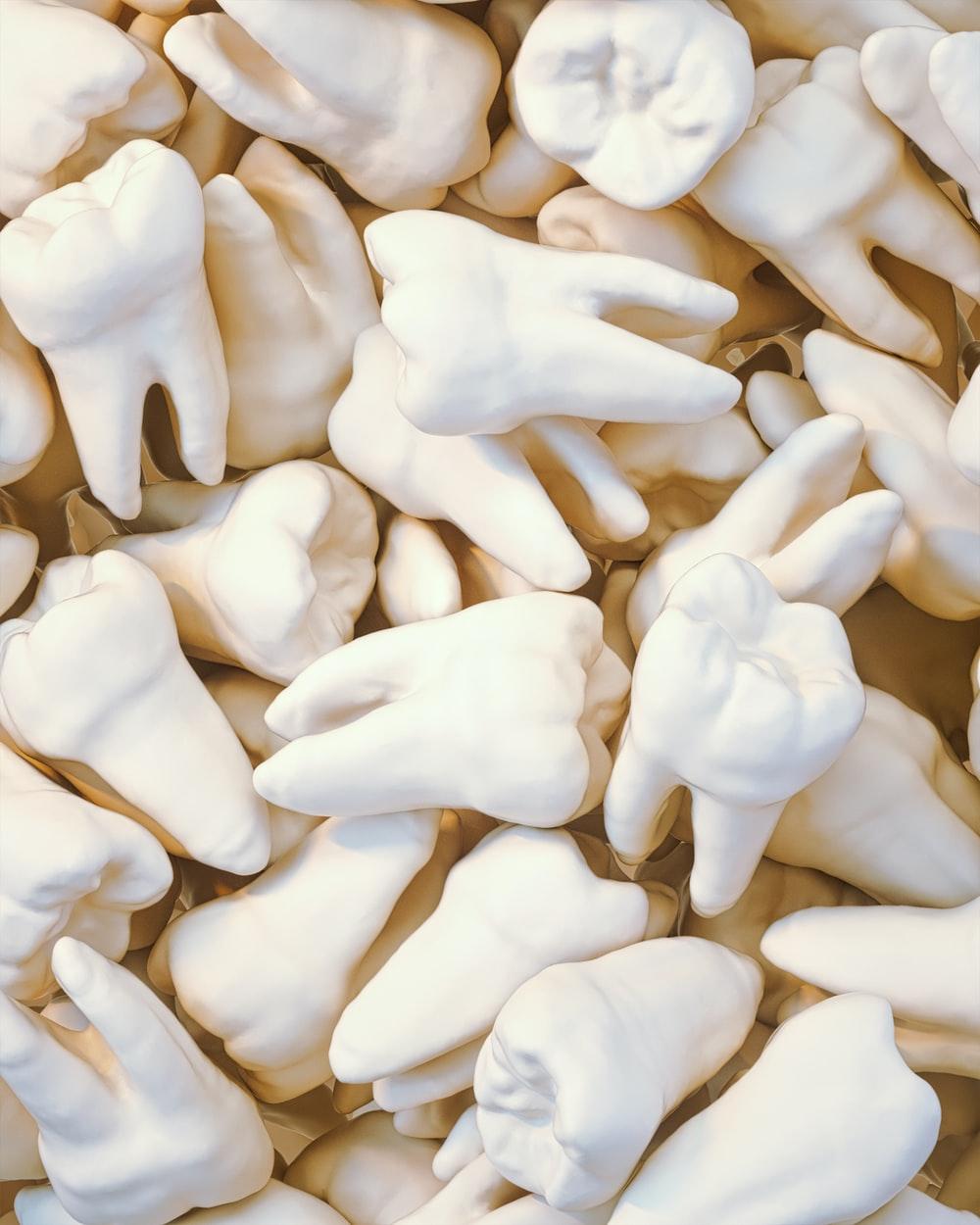When a tooth is impacted, it cannot break through the gum and come out into view. Sometimes, the affected tooth may break through the gum and only come into view to a partial extent. Because it doesn’t break through the gum most times, an impacted tooth is identified by a dentist during a random checkup session. In this article, you will know the symptoms, causes, and treatments of impacted teeth.

Symptoms of Impacted Teeth
While you may not detect an impacted tooth sometimes, you might notice the following symptoms. If you do, then seek the help of a dental professional.
- Foul breath
- Pains when trying to eat or talk
- Inability to open your mouth
- The gums will be swollen or, in worst cases, bleeding
- A bad taste in the mouth
- Pain in the gums
- Decay of the affected tooth
You must know that these symptoms will not be permanent. Instead, they will keep appearing and disappearing for a couple of weeks or months.
Causes of Impacted Teeth
Genetics and the absence of orthodontic treatment are the two basic causes of impacted teeth. That is why dentists recommend children to begin orthodontic treatment when they clock 7. If you didn’t get an orthodontic treatment earlier, you are at risk of having impacted teeth.
Your tooth can become impacted if it grows in the wrong place. Sometimes, it may result from a growth or a milk tooth stopping the new tooth from breaking through the gum. This issue is most common among children trying to develop their permanent teeth.
Interestingly, it may affect the remaining teeth when your tooth is impacted. This will cause your teeth to be awkward, preventing you from chewing. It will also cause you to experience a decrease in your self-esteem. In most cases of impacted teeth, the wisdom tooth is always affected.
Complications of Impacted Teeth
If your impacted tooth didn’t break through the gums, the risk of any complications arising is very low. However, if the impacted tooth has passed through the gum partially, it may result in the following complications.
- Infection
- Cavities
- Decay
- Gum disease
- Crowding of other teeth
Pain Management for Impacted Teeth
You can take certain medication to manage the pains resulting from an impacted tooth. If the pain is mild, you may find aspirin useful in its management. However, if you are below the age of 18, you shouldn’t take aspirin as it can result in a serious health condition. Another home remedy you can try to manage this pain is ice. By placing a pack of ice on the affected area, inflammation and pain will be reduced. A mixture of warm water and salt has also been known to reduce pain when washing the affected area. If none of these pain management methods help to reduce your pain, you should try seeing a dentist.
Treatment for Impacted Teeth
If you are experiencing one or more of the symptoms of an impacted tooth discussed in this article, you should see a dentist. Where the impacted tooth hasn’t passed through the gum partially, an x-ray will be done to detect the presence of an impacted tooth. Below are some of the treatments for impacted teeth.
Monitoring: This method involves watching the impacted tooth over a specific period without taking any action. It is done to determine if it will go away or lead to something serious. If this is the treatment option you are using, you have to visit the dentist very often.
Surgery: Surgery or extraction might be recommended by your dentist if you suffer from pain or other effects of an impacted tooth. This extraction will be carried out within an hour or so by an oral surgeon. In other words, you will be able to return home immediately after the procedure has been completed. However, you will need at least a week to recover fully.
Eruption Aids: This method gets the impacted tooth to break through the gums completely. It involves using braces or removing whatever stops the impacted tooth from breaking through the gums. However, it is mostly recommended in cases where the affected tooth is a canine.
Conclusion
If you have an impacted tooth, you can try any home remedies discussed in this article. However, if it gets worse, you should see a dentist to recommend any available treatment options for you. Discover the answers you’re looking for in regards to your dental health at Woodview Family Dentistry.

